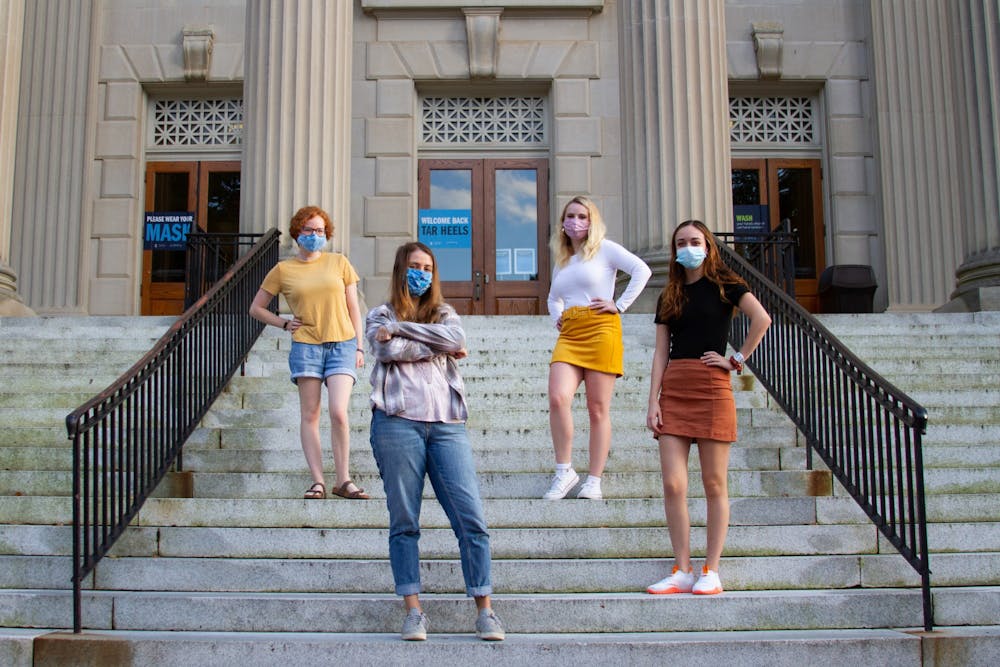UNC students launched a new program on Oct. 7 to help reintegrate students hospitalized for mental health reasons.
The program, called Tar Heel Navigators, is a peer-based support network that will delegate one care navigator and one campus navigator to each student requesting its services, with the goal of helping students readjust back to academic and campus life.
Raleigh Cury, a senior majoring in public policy and history, first came up with the idea for Tar Heel Navigators. She helped launch this program with help from her health policy and management capstone group.
Due to COVID-19, care navigators cannot physically volunteer at the hospital, but they can meet students virtually. Care navigators have attended training sessions focusing on insurance policy in addition to finding therapists and mental health resources for students to access under their care.
Campus navigators will discuss academic advising, accessibility resources and services for those needing accommodations, along with other methods of advocating for students during their reintegration.
“When you’re recovering from a crisis, you’re not necessarily super present,” Cury said. “So it’s really helpful to have someone there getting the information down and asking questions you might forget, and also someone’s who’s like, ‘How’s it going, have you made progress on these things? How are you doing?’”
She said the navigators received around two weeks of training from the program’s stakeholders about intersectionality and the LGBTQ+ community. She said she wants navigators to examine implicit bias, racism and how mental health struggles are more difficult for people who are not white at a primarily white institution.
“We’re going to really focus on continuous learning to make sure we’re providing the most culturally competent care possible, and also making sure we have a diverse navigator body and catering to the intersectionality of mental health needs, because mental health struggles and needs really do differ based on your identity and background,” Cury said.
Wendy Kadens, a referral coordinator & outreach coordinator for UNC Counseling and Psychological Services, said Tar Heel Navigators is a great way to display the full range of mental health experiences at UNC, along with the programs in place to help students in all capacities.



